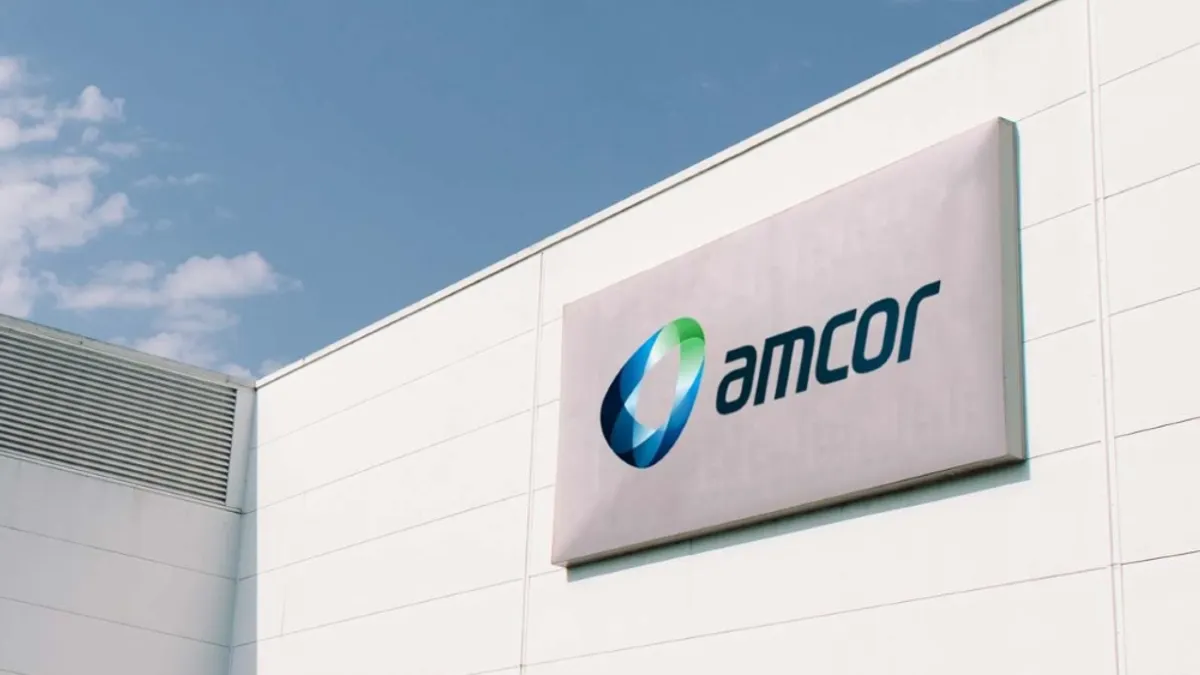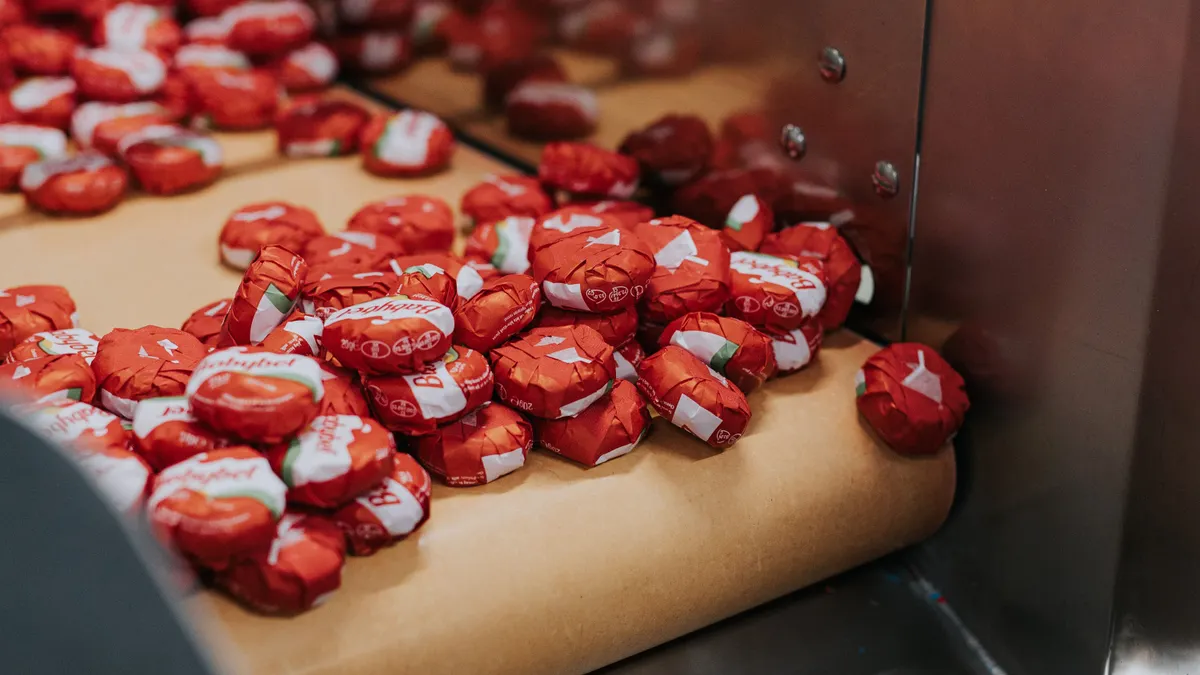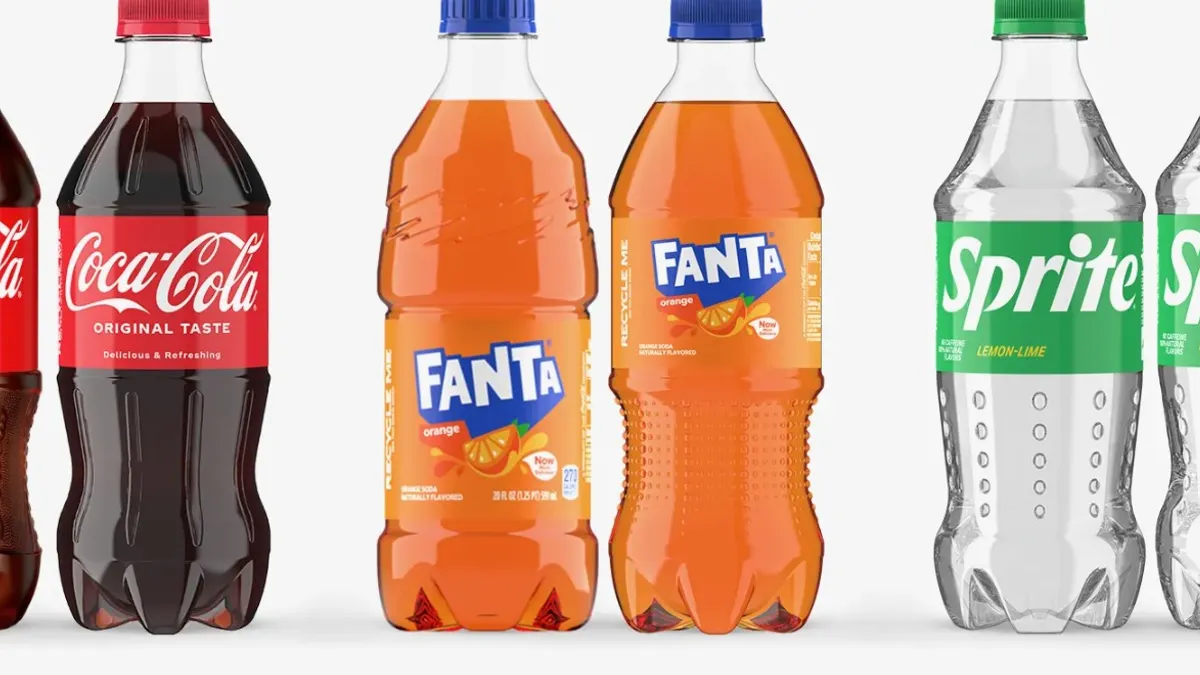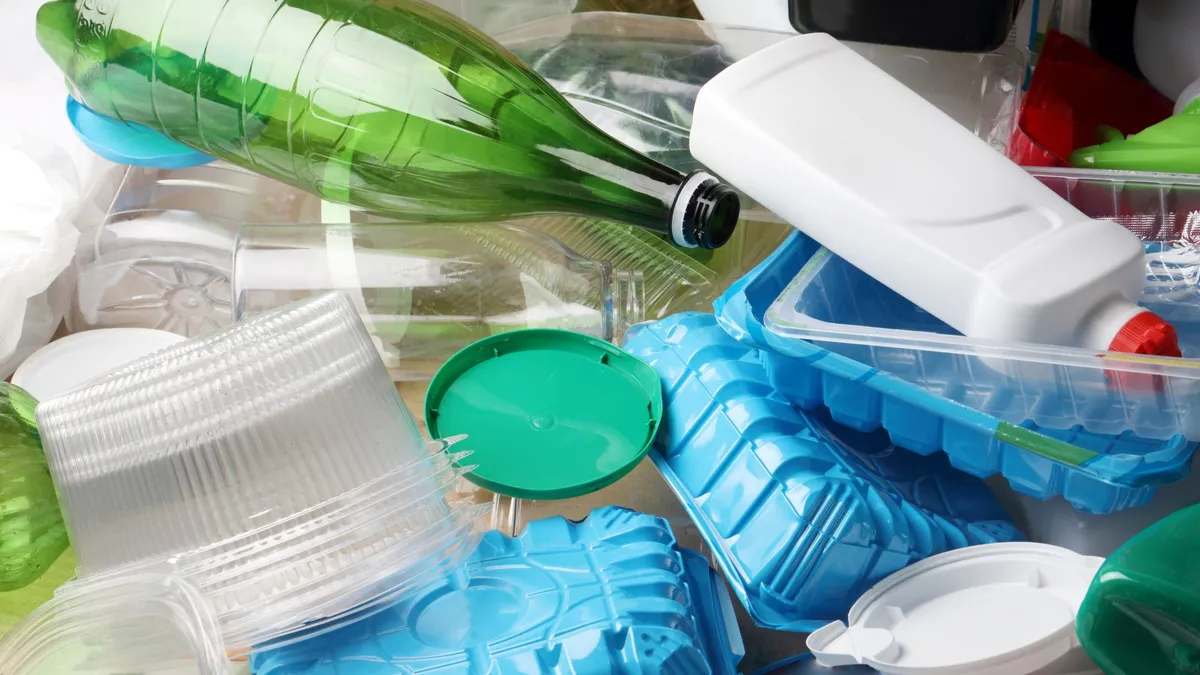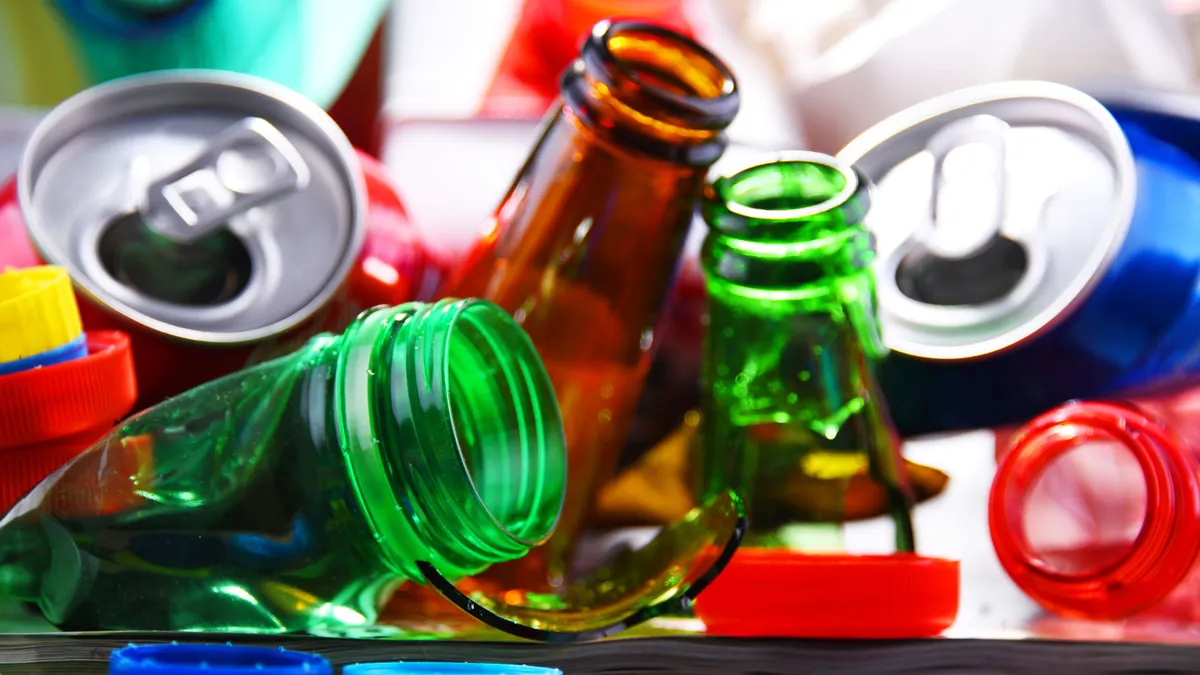Laissez les bon temps rouler — sustainably. Can makers and aluminum suppliers are backing the U.S. expansion of an initiative to capture cans from beverages consumed in public, starting with diverting more than 145,000 cans from landfills during Mardi Gras celebrations in New Orleans in recent weeks.
The Can Manufacturers Institute recently announced it is facilitating a U.S. chapter of the Europe-based initiative Every Can Counts, which partners founded in 2009 to encourage recycling of beverage cans consumed on the go. Its first order of business is to support Recycle Dat, a New Orleans partnership that launched last year to divert thousands of pounds of aluminum, glass and beads during Mardi Gras season. Recycle Dat reports that over 11 days last year, 1,162 tons of Mardi Gras trash were transported to landfills.
Through Every Can Counts, aluminum beverage can manufacturers Ardagh Metal Packaging, Canpack, Crown Holdings and Envases, along with aluminum suppliers Constellium, Kaiser Aluminum, Novelis and Tri-Arrows Aluminum, provided financial support for Recycle Dat’s Mardi Gras initiative. This year, recycling hubs featured some paid staff, and some volunteers wore collection backpacks.
CMI Senior Vice President of Sustainability Scott Breen was among the people helping to facilitate this year’s collection initiative.

“Public space recycling is just not a strength for the United States right now. And New Orleans and Mardi Gras is, in my mind, the perfect place to be because there are so many cans consumed,” Breen said, as people spend hours along parade routes drinking canned alcoholic and nonalcoholic beverages alike. “At the same time, in New Orleans, there's no public space recycling going on, certainly not along the parade route,” he said.
According to U.S. EPA data from 2018, about half of all aluminum containers and packaging are recycled. The can industry’s most recent data shows the consumer recycling rate for aluminum cans fell slightly, to 45.2%, in 2020. The Recycling Partnership’s 2024 State of Recycling Report indicates that across all aluminum cans, the residential recycling rate is 30%. Last year, The Recycling Partnership reported that Louisiana landfills 623,000 tons of recyclables annually. When it comes to residential collection, New Orleans has a less than 2% recycling rate.
As much as CMI pushes for more states to adopt “recycling refund” policies to achieve its goals of recycling 70% of aluminum beverage cans by 2030 and 90% by 2050, away-from-home settings like festivals and events require different strategies than residential recycling. In general, recycling collection point access is more limited for beverages consumed away from home. Breen estimates one-third of the approximately 100 billion aluminum beverage cans shipped in the U.S. annually are consumed on the go, mirroring previous estimates cited by Keep America Beautiful and the Sierra Club.
“Every night after these parades roll, the sanitation crews come in, big trucks, they sweep up everything as fast as they can because the street’s got to be cleaned for the next day, and it all goes to landfill, there's no sorting whatsoever,” Breen said. “So it is totally guaranteed that all these cans we collect along the parade route, all of that aluminum that we're getting paid out, that recycles forever — it just would have gotten buried.”
Across select Mardi Gras parade events that Recycle Dat targeted for recycling intervention in the past two weeks, collections totaled 4,302 pounds, or an estimated 145,408 used beverage cans, Breen reported. That’s up from 1,475 pounds collected along parade routes in 2023, an improvement attributed in part to increased recycling collection points and staffing.
The monetary value of the collected cans, when taken to EMR Metal Recycling, was $3,269.52 after CMI doubled the market rate payout. Those funds will be split among three local charities, among them NOLA Cans 4 Food, which scraps cans at EMR and puts the proceeds toward meals for the community. The revenue the cans generated would not have covered the cost of this year’s operations, Breen said. Regardless, Every Can Counts wanted the heightened charity payout to further incentivize recycling participation.
Going forward, the U.S. chapter of Every Can Counts wants to target events and venues with large can volumes that wouldn’t otherwise be recycled. Breen said it’s possible that revenue from can proceeds could fund this kind of volunteer-run collection in the future, though he noted it’s time-intensive to prepare and execute such programs. The decentralized nature of Mardi Gras events is unique, but it’s possible a more contained venue or event, like a music festival, could prove simpler. “We’ll be trying different models as we go,” Breen said.








